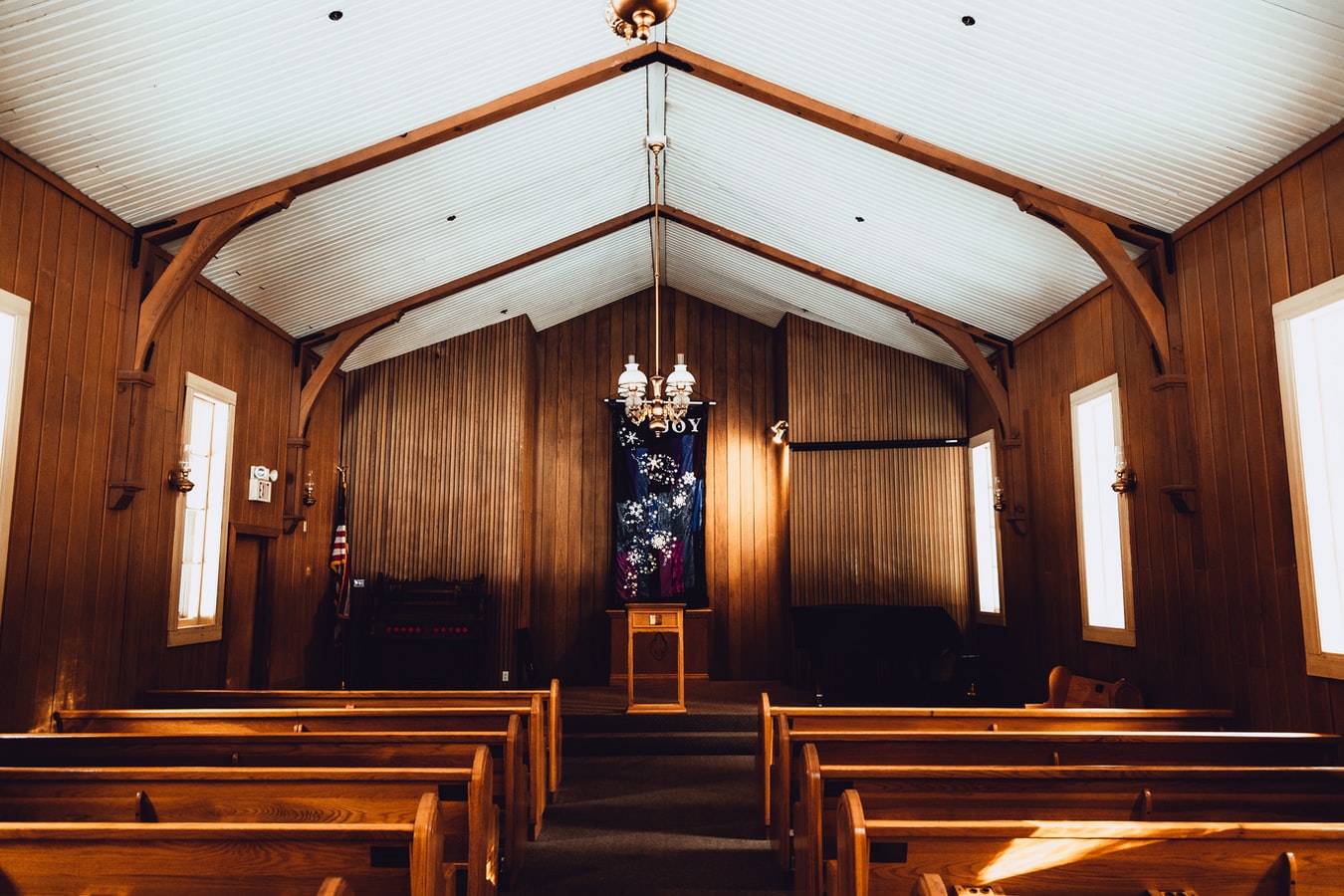Q&A: What do you do if there is dissatisfaction with a pastor?

Question: Our pastor does not seem to be connecting with the families in our church. A few people have even expressed concerns to me regarding the pastor’s leadership and preaching. What should I do?
Eddie: Pastor-parish relations in general, and unresolved conflict between church members and pastoral leadership specifically, can be one of the most challenging aspects of church life. Your question leads me to believe your motive is noble and that you want to help in some way.
First, and most importantly, please pray for your pastor and family.
Prayer brings God to bear on the situation. Praying for your pastor and for your church may result in changed minds, changed hearts, changed behavior, and an improved situation.
Next, please talk to your pastor. As a district superintendent, I am sometimes contacted by church members with similar concerns as yours. My first question is always, “Have you personally shared this with your pastor?” I am surprised at how many people want their district superintendent to have the conversation with a pastor they should have first.
Give thought to the best time and place for the conversation. You may want to contact the pastor during the week and ask what time and place would be most convenient for him or her to meet with you. That way it will be easier for you to have his or her undivided attention. Sunday morning is not a good time for a pastor to have an important meeting.
Most church members have expectations for their pastor. Sometimes those expectations are legitimate but unexpressed, and therefore unmet—simply because the pastor is unaware of the expectations. When a member lovingly and gracefully communicates legitimate expectations, a pastor can be empowered with knowledge to act.
Occasions occur when expectations may be impractical. Put yourself in your pastor’s shoes and ask if what you or other members are expecting is either unattainable or unrealistic. A conversation can make evident whether or not expectations are appropriate and provide opportunity for resolution.
Great value is found by engaging in a courteous and considerate conversation. Misunderstandings can be resolved, mutual respect increased, common ground discovered, and relationships strengthened. Changes are often willingly made (on both sides) as a result of an open, honest conversation. Hearing you express your concerns may greatly help your pastor. Your pastor’s response to your concerns may greatly help you.
Also, encourage others with concerns to take them directly to the pastor.
It is best when members talk with their pastor rather than talking about their pastor.
If, after following these steps, resolution is not forthcoming, Manual 122.1 provides helpful guidance, including follow-up conversations involving the assistance of one or two spiritually mature members of the congregation, or the church board.
When unresolved issues spiral into congregational conflict, the results are invariably negative and include distraction from mission, hurt feelings, damaged congregational unity, and injury to the church’s witness in the community.
When people who are striving to be Christlike sit down together for a prayerful conversation seeking resolution and reconciliation, good things usually happen. I pray that will be the case in this instance.
Eddie Estep is district superintendent of the South Carolina District of the Church of the Nazarene.
Please note: All facts, figures, and titles were accurate to the best of our knowledge at the time of original publication but may have since changed.




